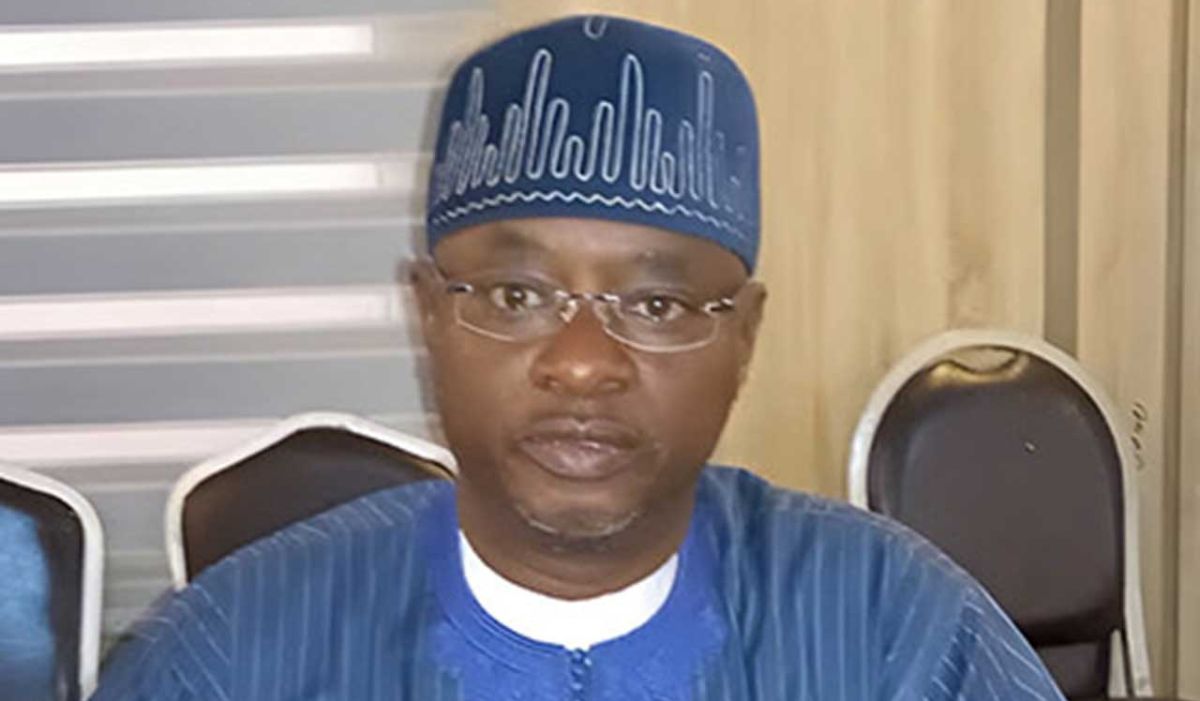Tinubu Urged to Declare State of Emergency as Northern Instability Threatens Investment Climate

The Northern Elders Forum (NEF) has urged the President of the Federal Republic of Nigeria, Bola Ahmed Tinubu, to immediately declare a state of emergency across the northern region of the country. It warns that his failure to do so could cripple socio-economic life and inevitably lead to widespread anarchy in the region, which may threaten Nigeria’s unity and stability.
The call was made on Wednesday by the spokesperson of the forum, Prof. Abubakar Jiddere, who showed grave concern over recent incidents of violent attacks, abduction and killings. He declared that a failure by the president to declare a state of emergency could push communities into “self-help situations” and trigger anarchy.
The elders emphasised that in order to safeguard people and property, the federal government must act in accordance with international commitments and constitutional rules. They contended that failure to intervene would compromise “national cohesion, democratic sustainability, stability of the polity, and regional peace.”
Jiddere brought up the August 19 attack on a mosque in Unguwan Mantau Village, when armed men killed roughly 27 attendees after morning prayers and injured several others, forcing hundreds to flee their homes.
He also brought up two separate attacks in Kaduna’s Kauru and Kudan Local Government Areas that resulted in eight fatalities and eight injuries, as well as the execution of 35 kidnappers in Zamfara State despite ransom payments.
NEF outlined its demands, saying, “Declaring a State of Emergency in Northern Nigeria, acknowledging the extraordinary scale of the crisis. Deploying adequately trained, armed, and equipped security forces with clear rules of engagement to protect civilian populations and secure international border regions. Provide adequate compensation, rehabilitation, and humanitarian assistance to victims, including displaced persons, in line with international humanitarian standards. Strengthening border control and regional cooperation with neighbouring states under ECOWAS and the African Union protocols to stem cross-border incursions by armed criminal groups. Engaging international partners, including the African Union (AU) and the United Nations (UN), for technical and humanitarian support.”
Nigeria’s security system was also blamed by the forum for failing its residents: “The NEF observes with deep regret that the state security architecture remains inadequate, overstretched, and in some cases complicit through inaction and silence, leaving citizens vulnerable and helpless while eroding public trust in government institutions.”
Jiddere cited obligations under international law, saying, “Article 6 of the International Covenant on Civil and Political Rights (ICCPR) states that the inherent right to life shall be protected by law, and no one shall arbitrarily be deprived of life. The recurring atrocities in Northern Nigeria constitute serious breaches of these obligations, and in their scale and persistence, will amount to crimes against humanity under international law and humanitarian cases.”
The combination of political uncertainty, security threats, and economic disruption could undermine foreign direct investment and portfolio inflows. Market participants may also adopt a risk-off approach, reallocating capital away from Nigerian assets or demanding higher returns to compensate for elevated uncertainty.
Eurobond investors are closely monitoring developments, as heightened instability may increase perceived sovereign risks, potentially impacting yields and borrowing costs for Nigeria in international capital markets.
Surges in banditry and communal unrest could disrupt trade and economic activity, while international investors may demand higher risk premiums, pressing borrowing costs. Market strategists warn that decisive government action is critical to stabilising the region and calming financial markets.
Analysts say the unrest poses a risk to investor confidence, domestic markets and Nigeria’s Eurobond outlook and also emphasised that failure to act could trigger capital outflows and volatility in equities and debt markets.
They (analysts) note that decisive government to restore security in the region would be critical to calming investor nerves and maintaining confidence in the country’s macroeconomic stability.





